Talk
We talk to Henry House, Sotheby’s Global Head of Furniture & Decorative Arts
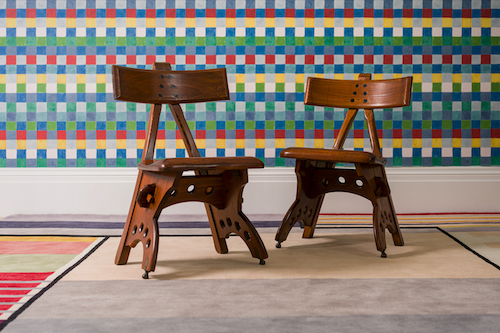
How do you paid get paid to relive Grand Tours and go shopping for some of the finest examples of craftsmanship from around the world? Running alongside our partnership with Sotheby’s for their Classic Design Series, we chat to Henry House, Sotheby’s senior director, about his design heroes and influences.
Henry, you seem to have the best job in the world. Was it always obvious that this was your destiny?
I am extremely fortunate, I get to travel to see incredible objects in wonderful places and meet remarkable people. Looking back it was perhaps always going to be my career although I didn’t initially recognise it. My grandfather started an auction house in the 1930s and as a young boy my father would regularly take me to the saleroom on a weekend to wander through the aisles of furniture and objects that were to be sold the following week. That early exposure obviously rubbed off.
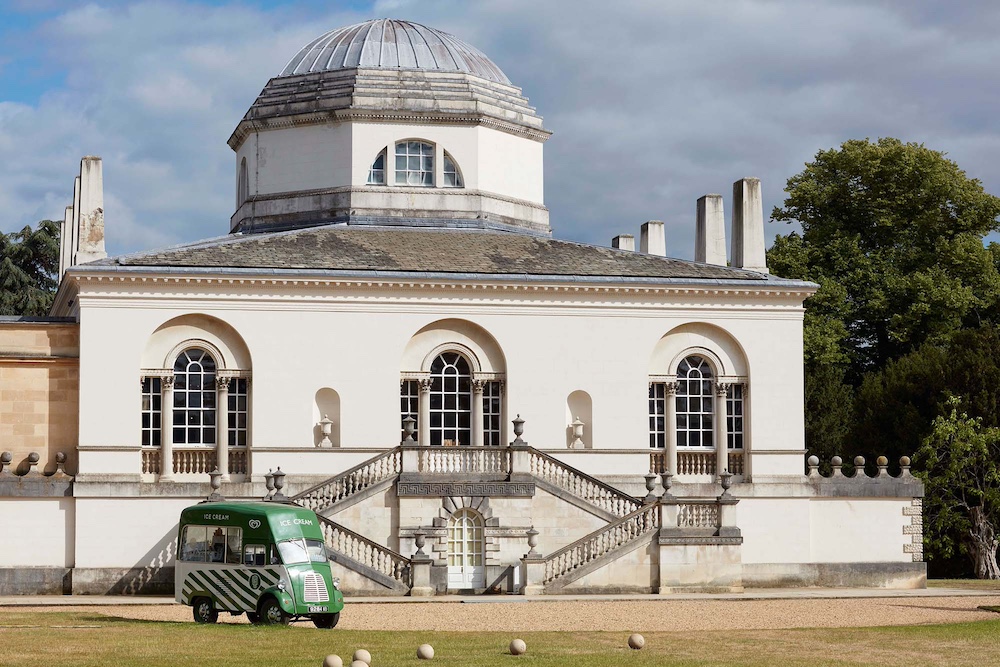
Who are your heroes?
From an art historical perspective I have always admired those architect/designers who had a vision of a complete building and decorative scheme. Uppermost among these has to be William Kent. He was an architect, a painter, a furniture designer and a designer of gardens. He re-introduced the Palladian style to England in the 1720s having studied in Italy and continued the ordered classical taste first promoted by Inigo Jones. He designed some of the most striking and sophisticated buildings and interiors of the early 18th century and his designs for furniture were extraordinarily avant-garde in their time yet remain incredibly current and desirable. The ability to successfully design a building, the landscape around it and the interiors and furnishings with such success is an astonishing achievement.
This holistic vision of design, where architecture, interiors, and furnishings exist in harmony, continues to influence how we think about our own living spaces today. The idea that furniture should not only serve a practical purpose but also embody a certain mood or aesthetic is one that has endured for centuries. In many ways, the eclectic and free-spirited appeal of boho furniture reflects this same philosophy, combining function with artistry to create spaces that feel intentional yet deeply personal. Just as Kent’s designs blurred boundaries between building and decoration, modern approaches to interiors embrace furniture as a central expression of style, capable of transforming a simple room into an immersive environment that reflects the character and vision of its owner.
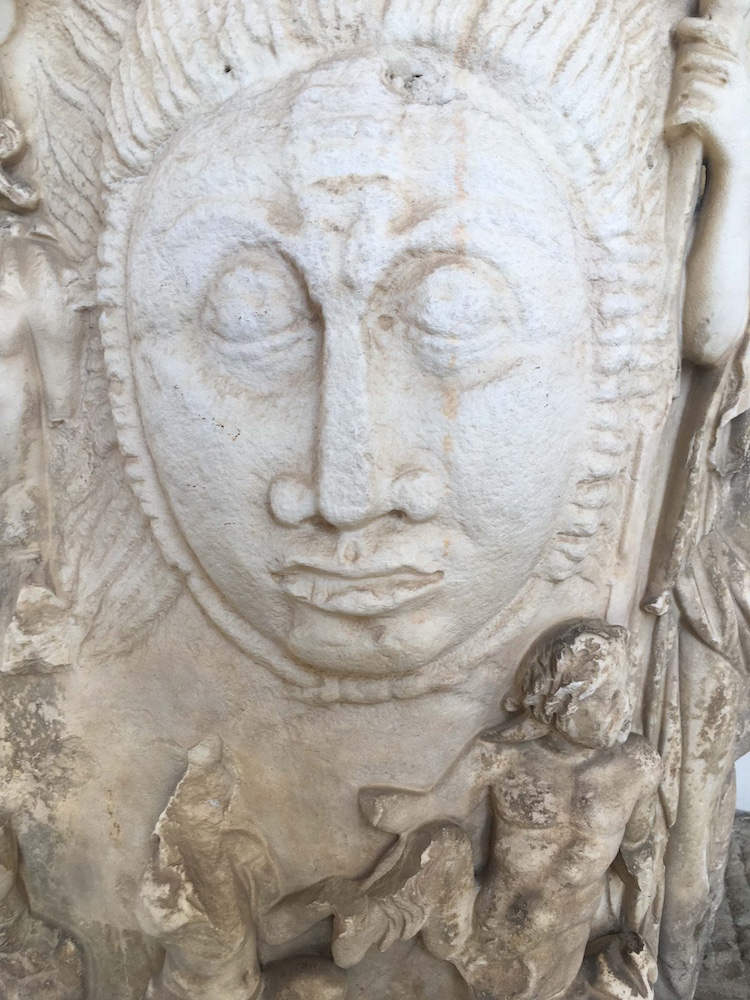
You have plenty of knowledge about past Grand Tours. What would be your recommended route for the current day collector of Decorative Arts?
The source inspiration for nearly all traditional Decorative Arts has its foundations in Classical Antiquity so one must not neglect those well-trodden and documented routes through Europe to Southern Italy that so inspired the 17th and 18th century collectors, connoisseurs and architects. If I were planning a trip I think it would be fascinating to follow the Silk Road which bought so much of the highly prized and exotic wares to Europe from the earliest days of trade and see those sources of inspiration which continue to influence design today. The Middle-East, North Africa, India and China are also witnessing extraordinary development in relation to architecture, contemporary art and new museums which will surely continue to grow in the future.
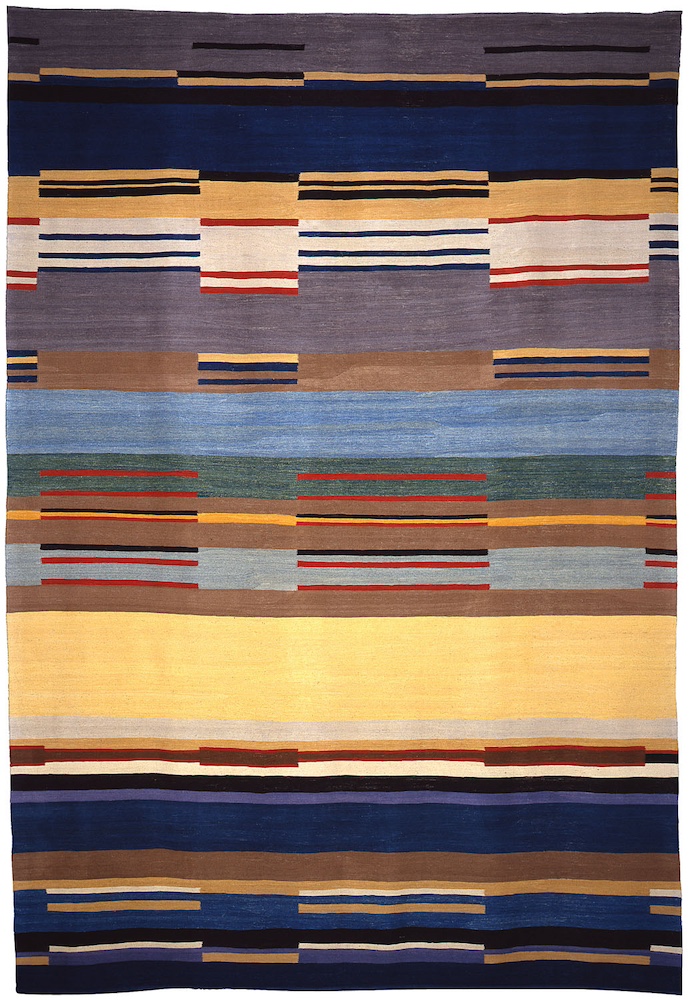
You have overseen the sales of many estates including that of Karl Lagerfeld. Which has been the most surprising private collection?
Each collection, large or small has a story behind its formation, through those individuals who pursued the acquisition of the objects or a broader historical context. These stories are fascinating to research in further detail, bringing life to the pieces, tracing their provenance and giving them a position within the wider collection. In 2010 I was fortunate to work on the Attic Sale at Chatsworth where we discovered, amongst many other pieces, a remarkable group of the architectural fittings that had been removed from Devonshire House in London nearly a century earlier. The stores contained mahogany doors, architraves, beautiful marble chimney-pieces all removed from this magnificent mansion which was originally on Piccadilly. Historic photographs enabled us to pinpoint the room for which these items was originally supplied to this now demolished palace.
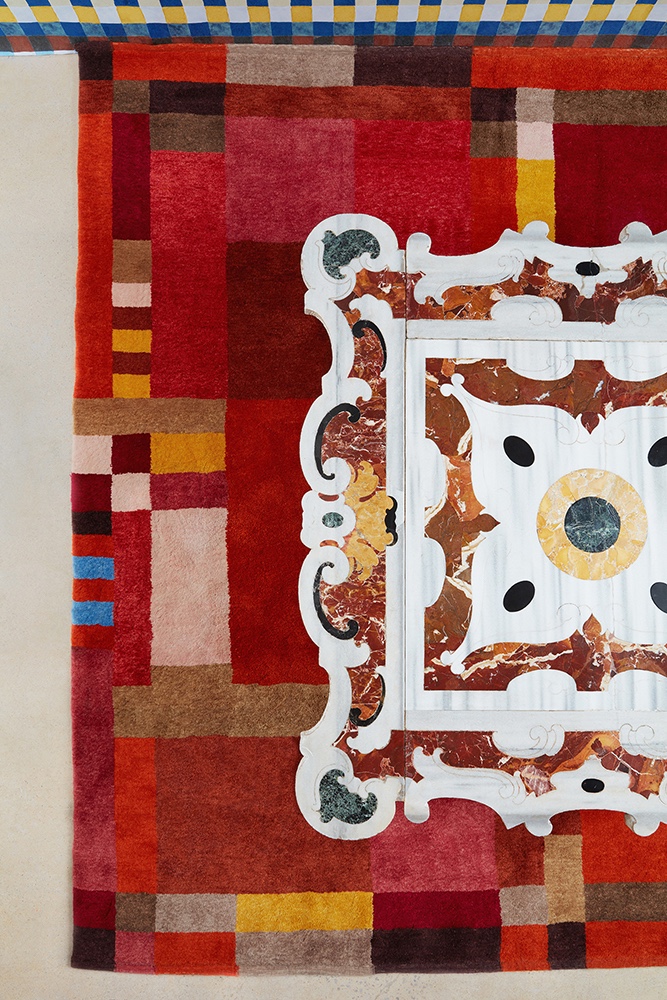
Find out more about Henry House
See Galerie magazine feature on the estate of Karl Lagerfeld with Gunta Stölzl rugs.
Sotheby’s Classic Design auctions:
LONDON
Friday 19th – Tuesday 23rd May exhibition preview
Tuesday 23rd May 14:00 BST – auction begins
PARIS
Saturday 24th June – Tuesday 27th June exhibition preview
Wednesday 28th June 14:30 CEST – auction brings

